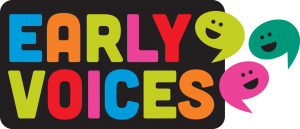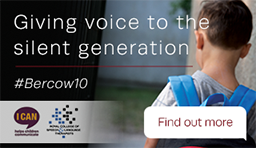Health visitors across England are to be trained to use a toolkit which can identify very young children with speech, language and communication problems. They will use a simple word list and child observation – known as the Early Language Identification Measure (ELIM) – during routine home visits when children are aged between two and two-and-a-half years.
Research shows the ELIM can identify 94% of toddlers with early language needs. Numerous research studies have shown that children with delayed language development do worse at school and have poorer outcomes later in life. It can also signal other developmental conditions such as autism spectrum disorders (ASD) and attention deficit hyperactivity disorder (ADHD). The Early Language Identification Measure (ELIM) and intervention was successfully piloted in five areas – Derbyshire, Middlesbrough, Newham, Wakefield and Wiltshire – and will help make sure that families who need more help are identified and supported appropriately and in a timely way.
The research, led by Newcastle University and including Aberdeen University, the Bristol Speech and Language Therapy Unit and the Institute of Health Visiting, was published in a new Public Health England report – Identifying and supporting children’s early language needs Summary report.
Vicky Gilroy, Projects and Evaluation Lead at Institute of Health Visiting, commented:
“The Institute of Health Visiting is delighted to have contributed to this exciting research and the development of the Early Language Identification Measure and Intervention. This work builds on the health visitor Speech Language and Communication training that the iHV was commissioned to deliver by PHE last year, where we designed and delivered training to over 1000 health visitors to cascade to their local teams.
“With a more robust tool to support health visitors in their practice, early intervention and support can be offered to families to promote speech language and communication, alongside offering tailored interventions to support those with needs.”
Public Health England will roll out training to support health visitors in using the new Early Language Identification Measure (ELIM) and intervention tool alongside their wider guidance on Best Start in Speech, Language and Communication.
- Guidance to help improve SLC in the early years, including an Early Language Identification Measure and Intervention tool for use with children aged 2 to 2 and a half.






